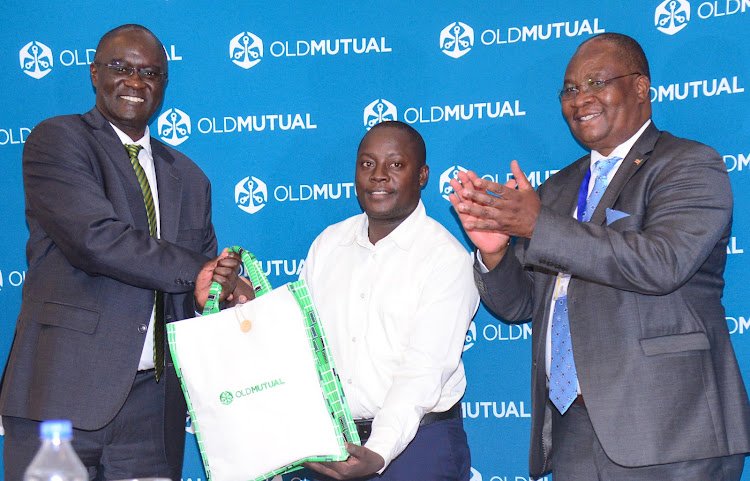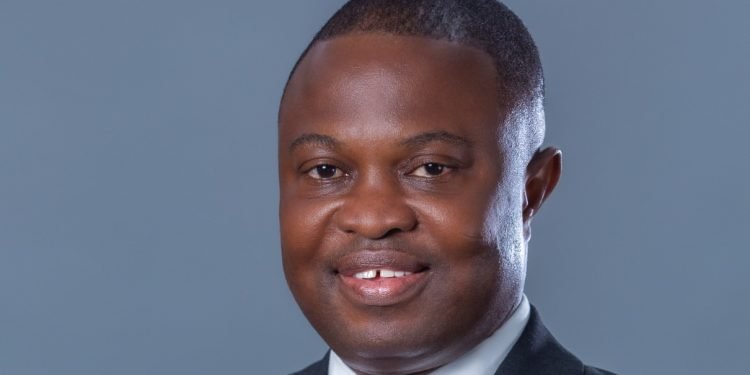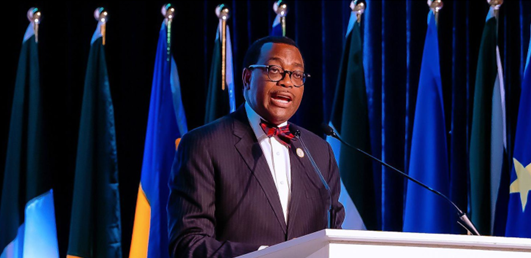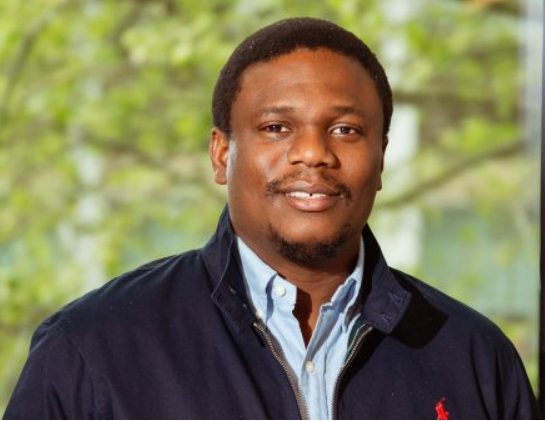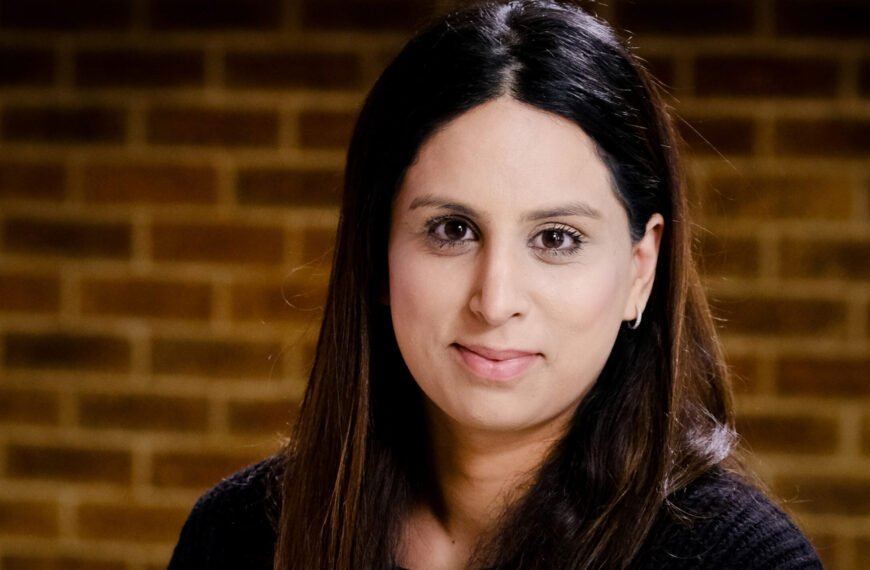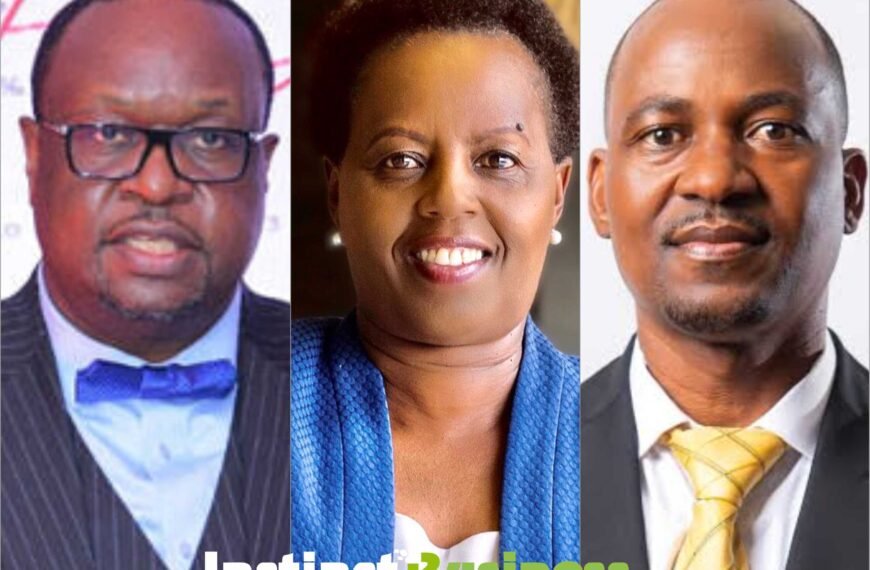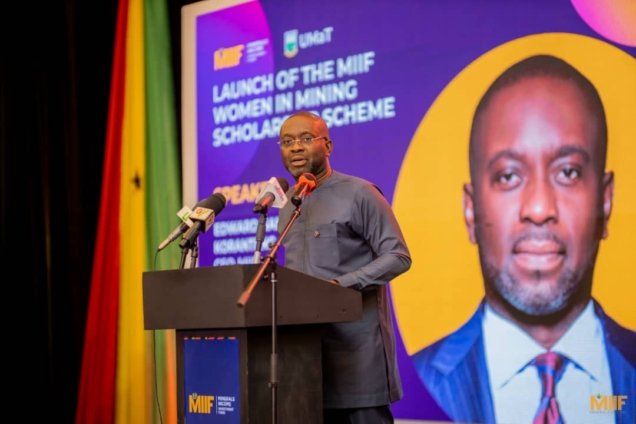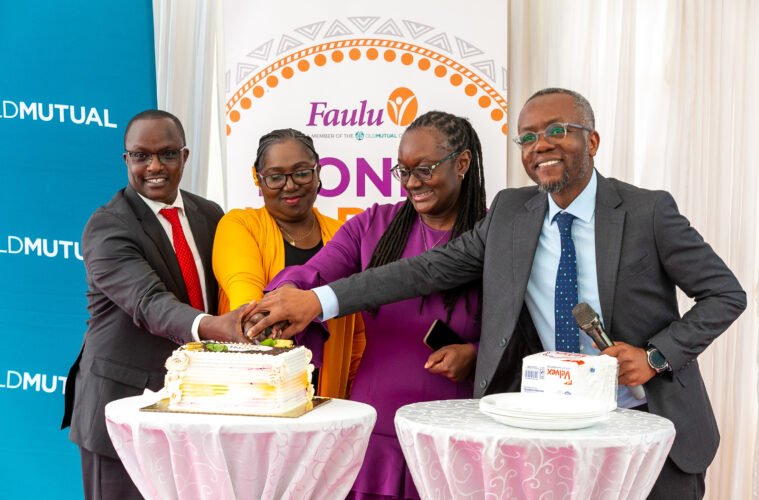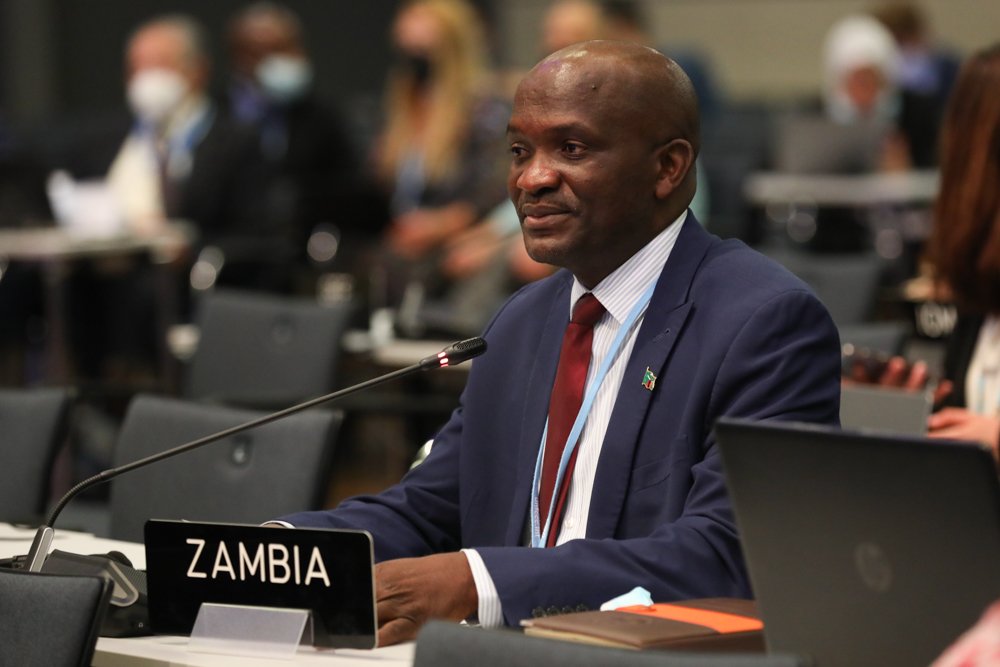
Global: AGN commits to safeguarding Africa’s interests in the operationalized Loss and Damage Fund
The African Group of Negotiators on Climate Change (AGN) has affirmed its dedication to safeguarding Africa’s interests in the newly activated Loss and Damage Fund, providing assurance to the African civil society.
AGN Chair, Ephraim Mwepya Shitima, says the group, through its representatives in the Transitional Committee on the Loss and Damage Fund, ensured that important safeguards were put in place to avoid lengthy and unnecessary bureaucratic processes that would hinder access.
He briefed civil society groups at the ongoing United Nations Climate Summit (COP28) in Dubai, UAE.
Shitima addressed civil society groups’ concerns about potential access and bureaucratic barriers for countries from the global south if the Fund is hosted at the World Bank.
“We reluctantly agreed to the hosting arrangements to expedite its operationalization. If we insisted on the creation of a standalone fund, it would have taken us another three years to have it operationalized. But even as the case is, there are safeguards that have been put in place. We have some clauses that would allow the fund to be taken away from the World Bank if certain conditions as agreed are not met,” he said.
In a historic development, the draft decision on the Loss and Damage Fund was adopted during the opening plenary of COP28, officially putting the Fund into operation.
The agreement on the Loss and Damage Fund took place during COP27 in Sharm El Sheikh, Egypt. The Transitional Committee (TC), formed for this purpose, discussed and finalized the modalities for its operationalization.
Loss and Damage is essential even if the world meets climate mitigation goals because a “locked-in” level of warming already impacts particularly vulnerable communities being hit by extreme weather events, such as storms and floods, reduced agricultural productivity, and rising sea levels among others.
However, African civil society led by the Pan African Climate Justice Alliance (PACJA) is concerned that the Fund will be hosted by the World Bank.
“Even as we welcome the operationalization of the fund, we are concerned that it will be hosted by an institution with historical access challenges for countries from the global south,” said Mithika Mwenda, PACJA Executive Director.
“We hope it will not be another of some existing funds that do not save the interest of the global south countries especially those in Africa,” he added.



